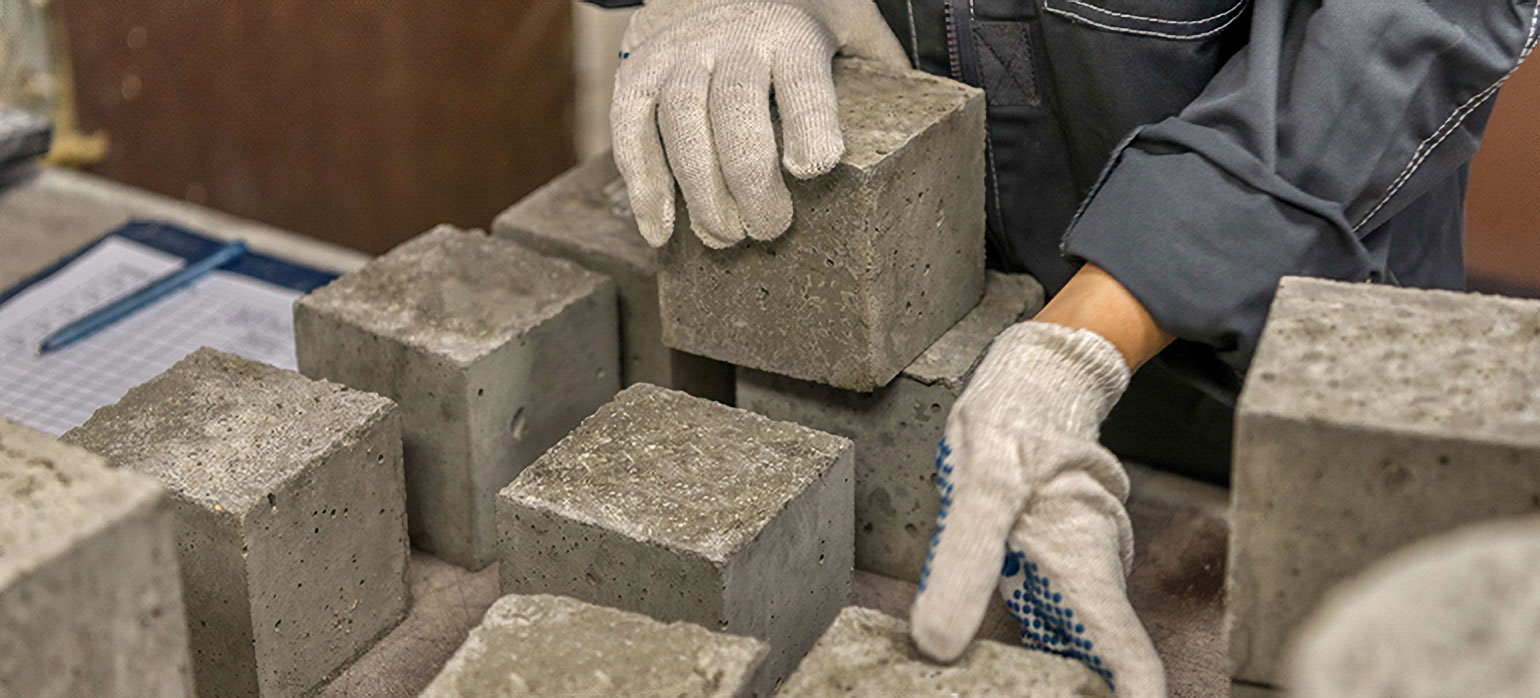Masonry Testing and Inspection are essential practices in the construction industry, focusing on the assessment of materials and structures made from individual units of brick, stone, concrete blocks, and other masonry materials. These processes are crucial for ensuring the quality, durability, and safety of masonry work in buildings and other structures.
Key aspects of Masonry Testing include:
- Compressive Strength Test: Measures the capacity of masonry units or assemblies to withstand loads without failure.
- Absorption Test: Assesses the rate at which water is absorbed by masonry materials, which can impact durability and resistance to freeze-thaw cycles.
- Bond Strength Test: Evaluates the adhesive effectiveness between masonry units and mortar.
- Dimensional Tolerance Test: Checks the size and shape of masonry units to ensure they meet specified standards.
Inspection aspects involve:
- Visual Inspection: Examines the quality of workmanship, alignment, and placement of masonry units.
- Mortar Joint Inspection: Ensures that mortar joints are properly filled and compacted.
- Alignment and Leveling Checks: Verifies that walls and other structures are plumb and level.
- Code Compliance Inspection: Ensures that the masonry construction adheres to local building codes and standards.
Masonry Testing and Inspection are critical for the longevity and safety of masonry structures. They help in identifying potential issues early, ensuring the structural integrity and aesthetic quality of masonry work, and conforming to relevant building regulations and standards.


